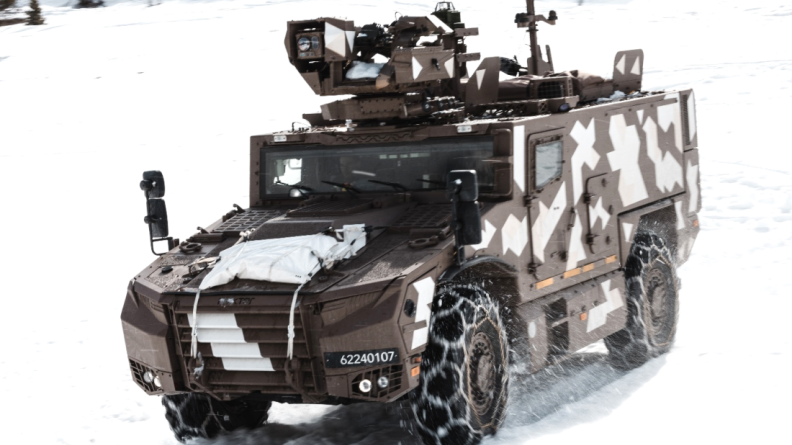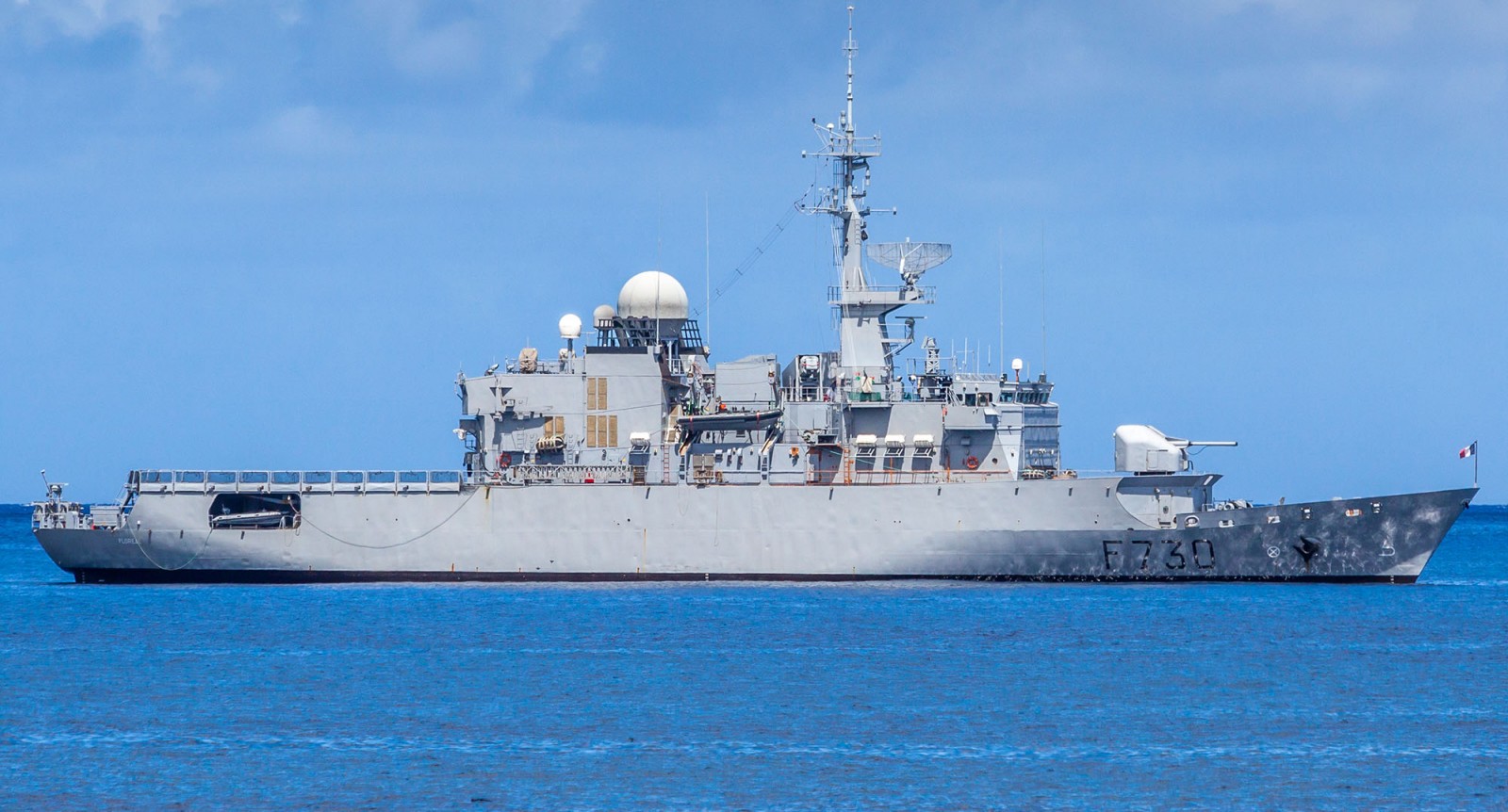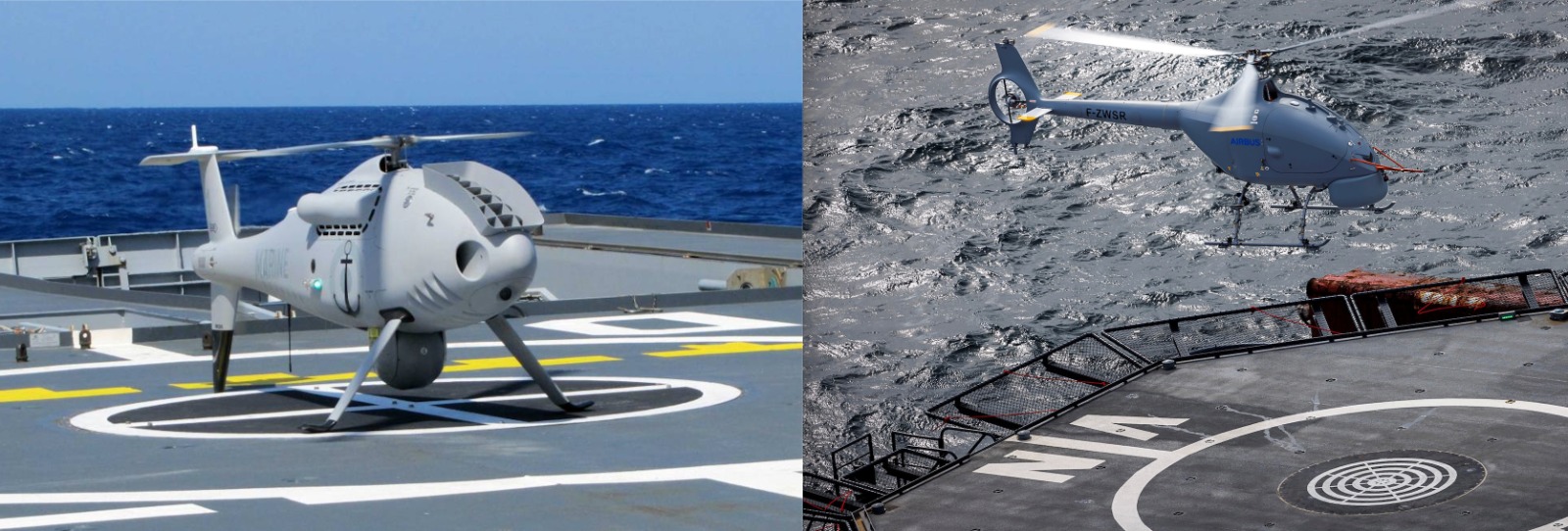Edition anglaise

December 2007 - n° 703
Cold War ans Cold Peace - Jean Bétermier
Is it possible that we have gone from Cold War to Cold Peace? How have we reached this point, and how far along this road is too far? The author attempts to answer these questions, recalling Churchill’s counsel: ‘Never humiliate Russia’.
Legal protection of the military on external operations - Catherine Bergeal
The legal protection of the military on external operations is broader than the already considerable protection from which they benefit on French territory. In addition to juridical protection in the strict sense and taking complete charge of any damages on the basis of the presumption of the service’s imputability, the system provides exceptional criminal protection and follows cases closely from the field right up to international criminal courts.
Forward field casualty - Alain Puidupin, Jean-Fabrice Lebraty
The theme of this article is the care of casualties in the field from the perspective of the increasing digitisation of the combat zone. The authors describe the medical data-handling project CORTIM, for which the Armed Forces Medical Service (SSA) was awarded the prize for bold innovation in 2006. Starting from an updating of knowledge of current situations, CORTIM has created a Theatre Medical Control System (RMT). The project and RMT are being followed closely by the SSA, DGA (the French armaments agency) and Army Staff.
Medico-social support for militatry personnel - Jean-François Huberdeau
The social security office for military personnel (CNMSS) is developing at the heart of the worlds of defence and health insurance. Continually modernising, keeping costs in check, an expert in health insurance and leader in the medical and social fields, the CNMSS is one of the defence community’s valuable assets.
The utility of a military chaplain - Jacques Griffond
The official presence of the chaplain within the armed forces raises a question: can a man, or woman, traditionally seen as a witness to peace have a place within a warlike institution? The answer is yes, in that the chaplain contributes to awareness that if war is sometimes necessary, even essential, the meaning of it lies in peacemaking and peacekeeping, and that the military can bring to their specific actions the sense of a genuine service to mankind.
Officers: what does the future hold? - Céline Bryon-Portet
The author voices here the uneasiness of officers of all three services with regard to their future. They are undergoing a crisis which is apparent in a number of opinion polls and reports, including that of the High Committee for the Evaluation of the Military Condition: a decrease in numbers joining, an increase in unprompted retirements, low morale, and so on. Hope was placed on the statements made by the Minister for Defence during the 75th meeting of the High Committee for Military Matters (CSFM) in March 2007 regarding improvements in pay. Three months later Hervé Morin, the successor to Michèle Alliot-Marie, pushed back all index-linked improvements to 2009, which leads one to fear the worst.
Military resettlement: myth or reality? - Jean-Michel Bernard
Since ‘professionalisation’, the armed forces have recruited personnel on fixed-term contracts (53 per cent of their strength), two-thirds of whom will not complete a full career in the services; over half of them will not be eligible for a pension. What should be done for those leaving (8 per cent of the services each year)? The answer is resettlement, but what is that and what is the policy on it? This article looks at the current situation, the questions it raises and possible answers.
Reserve forces, yesterday and today - Jacques Aben
The military reserve has traditionally been the means whereby modifications to the strength of the armed forces could be achieved at the lowest cost. With time it has become a symbol of citizenship and, for some, a way of gaining distinction. Today it is one of the elements that allow the armed forces to counter the risk (real or assumed) of isolation. Cohabitation between an operational reserve and a citizens’ reserve is probably the least bad compromise that could be found to reconcile their two mutually incompatible requirements.
The reservist on external operations - Jacques Aben
This study was conducted during two operational tours, in Kosovo in 2002 and 2007, in a context of civil-military action. It involved looking into the motives of reserve military personnel who accept the addition of a ‘volunteer for external operations’ clause to their engagement to serve in the operational reserve (ESR). Combining the results of the two surveys, it can be seen that these personnel are motivated primarily by ‘positive’ values: ‘taste for adventure’, ‘desire to live in a military atmosphere’ and a ‘desire to serve’.
Military reserves and ‘war among the civilian population ’ - Matthieu Meissonnier
Recent works by Generals Rupert Smith and Vincent Desportes have highlighted the trend for military operations to move from the battlefield to stabilisation operations, or ‘war among the civilian population’. This is leading to major changes in the use of regular forces but little attention has been devoted thus far to the military reserves. The new circumstances nonetheless make their employment both necessary and more appropriate in long-term operations involving a wider range of activities and the civil population. The capabilities of the reserves offer a flexibility which has been little used so far in France, but which is particularly relevant at a time when a new White Paper is in gestation in a particularly difficult context.
Crabe-Tambour: seek the man at the ends of the ocean - François-Xavier Ajavon
Thirty years ago, in 1977, film-maker and writer Pierre Schoendoerffer made the film Le Crabe-Tambour (Drummer Crab), based on his eponymous novel, about a legendary naval officer during colonial conflicts in Indo-China and Algeria. An allegorical epic about the French Empire and Navy, Le Crabe-Tambour depicts, in a military setting, a strange and philosophical quest for a man.
The link between the Armed Forces and the nation - Pierre Vuillaume
Since conscription was suspended in 1997, many questions have been asked on the durability of the link between the Armed Forces and the nation. Some see ‘professionalisation’ as a possible contributor to the fragility of this relationship, which is vital to the harmony of French society. On the other hand, it can be seen as an opportunity to strengthen this link and to give it more substance.
Is the École militaire a military school? - Didier Wioland
The wilful disfiguring of a building as prestigious as the École Militaire leads one to question whether there is not at that institution a more thoughtful alternative than the absence of overall perspective that can be seen in the piling up of prefabricated office buildings, even if they are claimed to be temporary. Surely a limit should be set to the lack of respect shown towards our military heritage? The defence community helps to preserve the nation’s basic interests, and according to Article 410-1 of the Penal Code the cultural heritage figures among those interests. Restoration of the École Militaire could serve as an example, because there is no shortage of inspired ideas on its future purpose.
The White Paper on defence and national security - Daniel Valéry
The wide consensus on the need for a new White Paper on defence and national security reflects growing awareness of the many dangers darkening the horizon of the coming decades and underlines how urgent it is to adapt our policies in these areas. To meet its objective, the debate that has begun must be deepened and thus broadly open and free of any preconditions. It will provide the politicians with the elements they need to draw up and implement a defence and security policy that meets our country’s present and future requirements.







